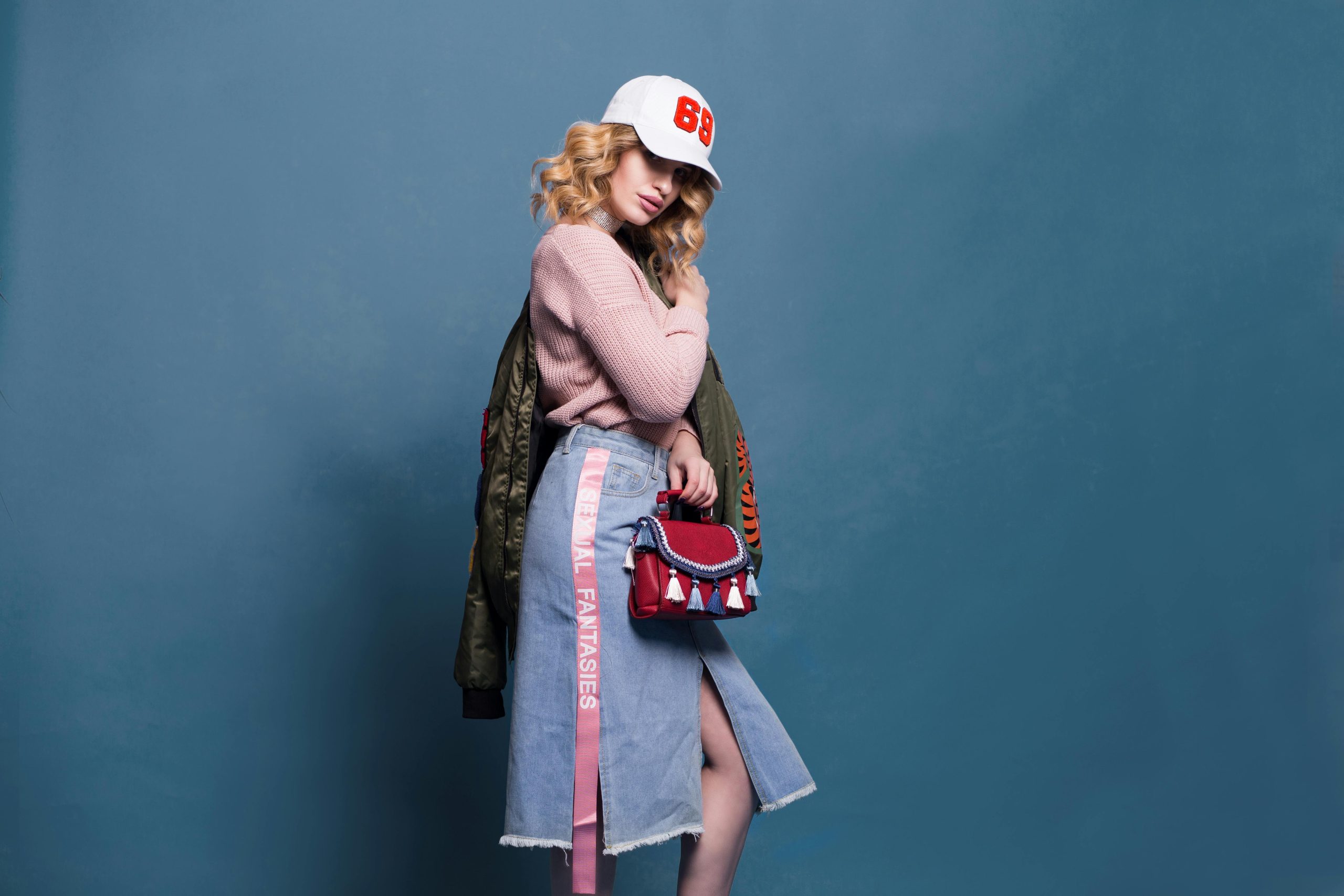What Are the Best Sustainable Sourcing Practices for UK Fast Fashion Alternatives?

Fashion is a dynamic, billion-dollar global industry that, while vibrant and exciting, has a darker side. The fast-paced nature of this sector often leads to environmental and ethical concerns, especially in the realm of fast fashion. As consumers become increasingly aware of these issues, a demand for sustainable and ethical alternatives is growing in the UK. This shift is driving forward eco-conscious, sustainable brands using innovative sourcing practices to offer stylish, good quality, and ethical clothing. This article will explore the best sustainable sourcing practices within the UK’s fashion industry and spotlight some trailblazing brands leading the charge towards a more responsible future.
The Importance of Sustainable Sourcing
Sustainable sourcing is the backbone of any ethical brand. It is a commitment to environmental sustainability, ensuring that the products manufactured have the least possible impact on our planet. This can be achieved through a variety of means, including selecting organic or sustainable materials, reducing waste, and adhering to responsible supply chain practices.
A lire aussi : Streamlining trading across calais border in customs compliance
Brands that prioritize sustainable sourcing often use organic cotton, a significantly less damaging alternative to conventional cotton. This is because conventional cotton farming typically involves heavy pesticide use, which negatively impacts the environment and the health of farmers.
Sustainable sourcing also involves ensuring ethical labor practices. This means that all workers in the supply chain are treated fairly and provided with safe working conditions.
A découvrir également : How to Integrate Chatbots into UK Insurance Firms for Enhanced Customer Service?
Innovative Sustainable Sourcing Practices
Pioneering brands are employing a range of innovative sustainable sourcing practices. A popular one is ‘circular fashion’, which aims to create a closed-loop system where materials are reused or recycled instead of being discarded as waste.
Another interesting practice is the use of plant-based or bio-engineered materials. These materials are crafted from renewable resources and often have a smaller environmental footprint than conventional materials. Some brands are even exploring the use of materials made from food waste or other unexpected sources.
Sustainable sourcing also means investing in renewable energy sources for production processes. More and more fashion brands are harnessing wind and solar power to reduce their carbon emissions.
Spotlight on UK Brands Championing Sustainable Sourcing
Many UK based brands are prioritizing sustainable sourcing and setting new standards for the industry. One such brand is ‘People Tree’, a pioneer in ethical and environmentally sustainable fashion. They partner with fair trade producers, garment workers, and artisans in developing countries to produce a collection of ethical and eco-friendly fashion.
Another brand at the forefront of this movement is ‘Know The Origin’. They are committed to creating clothing with transparency and integrity, using organic materials and ensuring fair trade practices.
Finally, ‘Rapanui’ is another UK brand making waves in the sustainable fashion scene. They are known for their fresh approach to circular fashion, offering a return scheme where customers can send back their old Rapanui products for store credit, ensuring that nothing goes to waste.
How Consumers Can Support Sustainable Sourcing
As consumers, you play a crucial role in supporting sustainable sourcing. By choosing to shop with brands that place a high priority on ethical practices and sustainability, you are using your purchasing power to influence the fashion industry.
When it comes to clothing, opt for quality over quantity. Durable, well-made pieces may have a higher upfront cost, but they will last longer and reduce the demand for fast fashion.
It’s also essential to educate yourselves about the brands you support. Research and understand their sourcing practices, and don’t be afraid to ask questions or demand transparency.
The Future of Sustainable Sourcing
The future of sustainable sourcing in the UK’s fashion industry looks promising. As brands continue to innovate and consumers become more conscious of their shopping choices, the demand for sustainable and ethically produced clothes is set to grow.
However, the commitment to sustainability shouldn’t end with sourcing. Brands must ensure eco-friendly practices throughout their business, from reducing packaging waste to supporting their employees’ welfare.
In the coming years, expect to see more brands adopting innovative materials, expanding their circular fashion initiatives, and increasing their focus on renewable energy. With these efforts, the fashion industry is well on its way to becoming a force for positive change, proving that good style doesn’t have to come at the expense of our planet.
Eco-Conscious Brands Leading the Charge
The ever-evolving UK fashion industry is witnessing a remarkable shift towards eco-friendly practices. Numerous brands are making commendable strides in leading the charge towards a more sustainable future. These brands have incorporated sustainable sourcing practices into their business models, revolutionizing the fashion industry by standing up against fast fashion and its environmental impact.
The commitment to sustainable sourcing practices extends beyond just using organic materials like organic cotton. It also implies having ethical working conditions in their supply chain. Brands are now embracing the concept of circular fashion, thereby reducing waste and ensuring that materials are recycled and reused. Some are even experimenting with unconventional sources, like using materials made from food waste or other unexpected sources.
‘People Tree’ is a shining example of such brands, partnering with fair-trade producers, garment workers, and artisans to create a stylish yet sustainable fashion range. Another brand, ‘Know The Origin’, is known for its commitment to transparency and integrity. They ensure the use of organic materials and fair trade in their supply chain. ‘Rapanui’, another innovative brand, is recognized for its unique approach to circular fashion. Their return scheme allows customers to send back their used products in exchange for store credits, ensuring nothing goes to waste.
These brands and a multitude of others have been successful in creating a more sustainable, ‘slow fashion’ alternative to fast fashion, proving that fashion can indeed be stylish without adversely affecting our environment.
Conclusion: The Future Holds Promise
The future of the UK’s fashion industry is becoming increasingly green and sustainable. The ongoing commitment to sustainable sourcing and ethical practices by various brands is encouraging this trend. However, the onus doesn’t solely rest on the brands. As consumers, it is our responsibility to make conscious choices and support brands that prioritize sustainability.
Choosing to buy from fashion brands that uphold ethical practices and promote sustainability puts pressure on the industry to change. Opting for quality over quantity, understanding the sourcing practices of the brands we support, and demanding transparency are all ways consumers can contribute to this shift.
The trend towards sustainable sourcing doesn’t stop at simply procuring materials responsibly. Brands are also reducing packaging waste and harnessing renewable energy for their production processes. The rise of circular fashion means nothing goes to waste, and everything is designed to be reused, recycled, or composted.
In conclusion, the days of fast fashion being the dominant force in the fashion industry are numbered. With innovative brands leading the charge and consumers becoming more conscious of their choices, we are set for a future where sustainability is the norm. The fashion industry is proof that style and sustainability can go hand-in-hand. As we move forward, we can expect to see even more initiatives and practices that promote sustainability, making the fashion industry a force for positive change.
